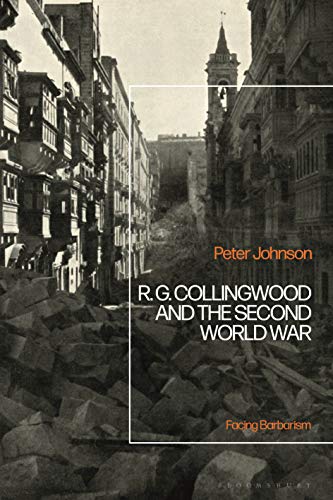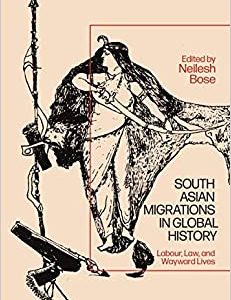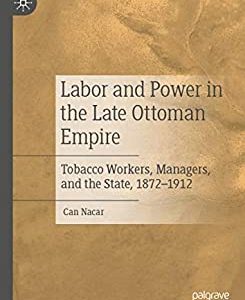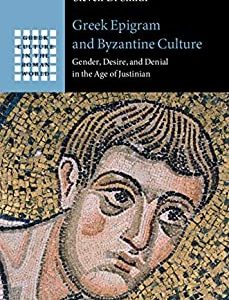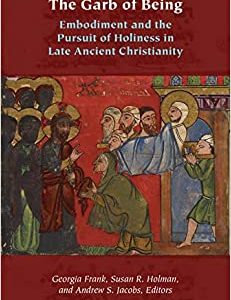R.G Collingwood's prolific works have shaped the debate about the nature of civilisation and its status as an ideal governing art, morality and social and political existence. As one of the few philosophers to subject civilisation and barbarism to close analysis, R.G Collingwood was acutely aware of the interrelationship between philosophy and history.
In Peter Johnson's highly original work, R.G Collingwood and the Second World War: Facing Barbarism, Johnson combines historical, biographical and philosophical discussion in order to illuminate Collingwood's thinking and create the first in-depth analysis of R.G Collingwood's responses to the Second World War.
Peter Johnson examines how R.G Collingwood's responses to the war developed from his early rejection of appeasement as a policy for dealing with Hitler's Germany, through his view of Britain's prosecution of the war once the battle with Nazism had been joined, and finally to his picture of a future liberal society in which civility is its overriding ideal.
In Peter Johnson's highly original work, R.G Collingwood and the Second World War: Facing Barbarism, Johnson combines historical, biographical and philosophical discussion in order to illuminate Collingwood's thinking and create the first in-depth analysis of R.G Collingwood's responses to the Second World War.
Peter Johnson examines how R.G Collingwood's responses to the war developed from his early rejection of appeasement as a policy for dealing with Hitler's Germany, through his view of Britain's prosecution of the war once the battle with Nazism had been joined, and finally to his picture of a future liberal society in which civility is its overriding ideal.

